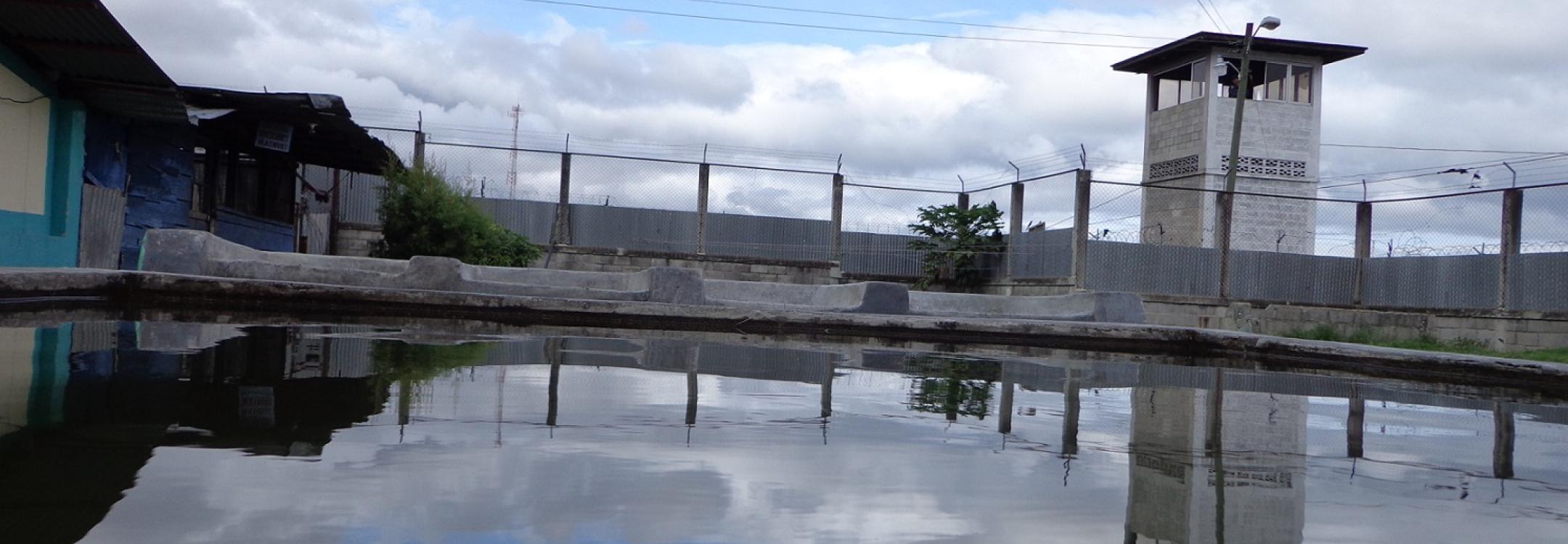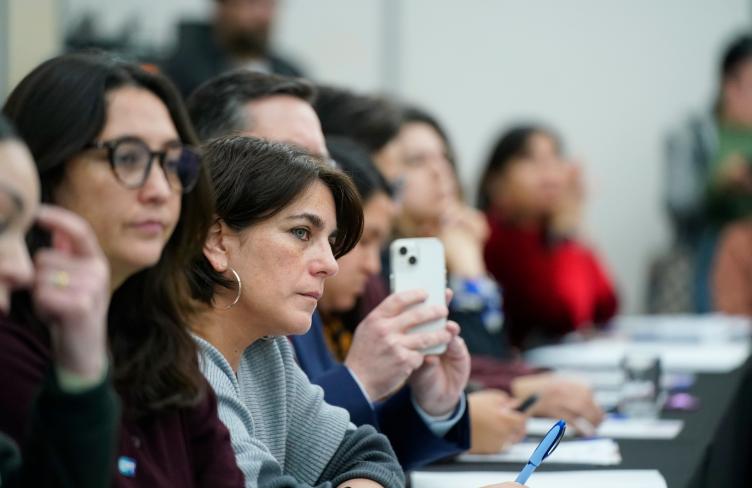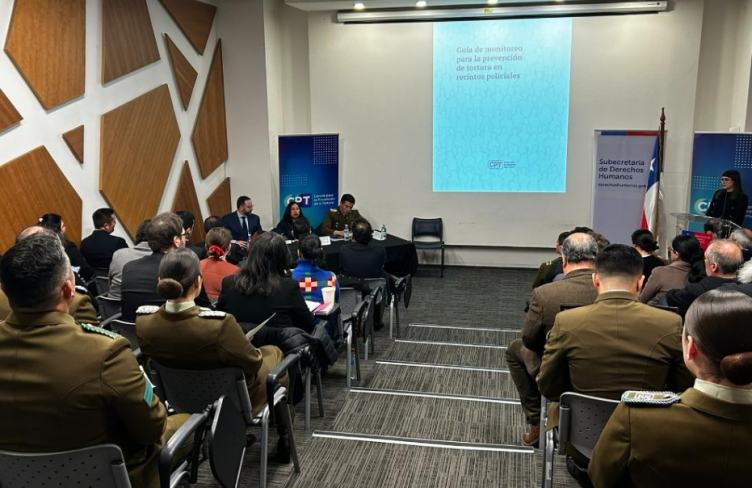
Immediate access to a lawyer and doctor, notification of family and informing detainees of their rights contribute to reducing the risks of torture during police custody, as evidenced by the research commissioned by the APT, “Does Torture Prevention Work?”. National Preventive Mechanisms (NPMs) can play a key role in monitoring how these safeguards are implemented in practice. This is why, the APT gathered in Panama, NPMs from 10 countries* in Latin America to exchange good practices on monitoring safeguards in the first hours of police custody.
Thanks to their extensive powers of access to places, persons and registers, NPMs are best placed to check whether these safeguards are guaranteed in law and put in practice. However, monitoring how these safeguards are implemented in practice bears specific challenges, in particular in Latin America.
During three days (21-23 November), NPMs from 10 countries as well as local mechanisms from Brazil and Argentina identified gaps between law and practice in relation to four fundamental safeguards: notification of family; access to an independent lawyer and doctor; and notification of rights. Participants were invited to think creatively about practical solutions to guarantee the effective access to these key safeguards by any person detained by the police. Discussions were based on four background documents elaborated by the APT, on the basis of questionnaires sent to all NPMs and LPMs from the region.
“It was clear from the discussions that the main issue in the region is not the law but its implementation in practice,” said Barbara Bernath, APT’s Chief of Operations. “Safeguards are guaranteed in law, for example access to lawyer from the moment of arrest. But in most cases, suspects first meet their lawyer during the hearing with the Prosecutor. Persons in situation of vulnerability are even more affected and are more at risks of being subject to abuses or violence during first hours of police custody. I was truly impressed, however, about the capacity of national and local preventive mechanisms in the region to propose concrete and down-to-earth solutions to make sure that detention safeguards are implemented and detained persons are protected from abuses. This contributes to better access to justice for all.”
On the last day of the workshop, participants identified their priorities to make sure that detention safeguards are effectively implemented in their country. The APT will continue to accompany and assist them with their goals, in order to continue bridging the gap between law and practice in Latin America. One of the first follow-up actions for us will be publishing the background documents.
* Costa Rica, Panama, Mexico, Argentina, Brazil, Peru, Bolivia, Uruguay, Paraguay, Ecuador
Representatives from the LPM of Rio de Janeiro and NPM of Paraguay, Uruguay and Costa Rica discussing about access to a doctor during the first hours of police custody (Photo: Maria Alejandra López).
Group photo with representatives of NPM and LPM of the region (Photo: Maria Alejandra López)


